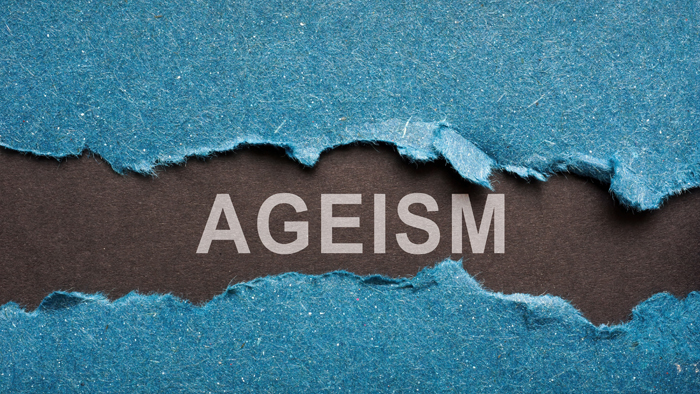
Ageism is discrimination based on age.
It’s as simple as that. Like most other “-isms,” it’s pervasive.
In case you’re not completely clear, ageism is when older people are portrayed in an unfavorable light, justified or not. Ageism has a negative impact on physical and mental health, which may lead to depression and anxiety and ultimately early death for many elders. Ageism can exist from within our families as well as out in the big world of corporations, strangers, and huge egos with ulterior motives.
Elders used to be the source of history and the source of solutions and ideas based on the generations before them. It’s not a surprise that the value of old people – the elders in our communities who used to carry all the stories of history in their heads – has declined over the years due to increased literacy and technological innovations, including the all-powerful and often joked-about Google.
Technology supplanting our value is the least of our concerns.
Today
How we’re portrayed as elders in today’s society is a huge problem. How we’re talked about negatively and how we’re treated in terms of our lack of power is out in the open.
I’ll bet you’ve felt left out of conversations because of your age. Do you ever feel invisible? Invisibility and being viewed as the weakest link is especially evident for elder women. Does the media and our culture cater to our desires? (I mean other than adult diapers and three-pronged canes?) Are we considered contributing or detracting from the work force? Does the sight of oldsters getting romantic in movies make the younger generations cringe and say “ewwww”?
Little old ladies baking cookies and grumpy senior men shaking their cane at teenagers … hip, white-haired eccentric senior women and old men with bronze leathery skin playing sports … women in caftans and turbans, men in shorts with white socks, most computer illiterate. These are some of the typical stereotypes often joked about in the media. They are, however, far from the actual lived experience of many aging adults.
Sidebar: Why are there “little old ladies” but never “little old men”?
Our positive approach
At this point, there’s not much we can do to change the perception of old people in our society. That doesn’t mean we lie down and let this devaluing roll over us. I’ve railed, but yelling turns people off and further labels us as a pissed off, entitled generation. If we’re thoughtful and tactful, we can participate in important conversations. We can contribute to the value or our communities by being informed and by being willing to worry less about our wrinkles and pay more attention to what needs to get done.
Additionally, being seen in a variety of venues helps to dispel the older, shut-in stereotype. Let’s be seen at rallies, public forums, and social events. The more we hide away, the more others will ignore us.
I think we need to make the case that, hopefully, those who label us will be senior citizens one day too. It behooves them to change the narrative before they get there.

